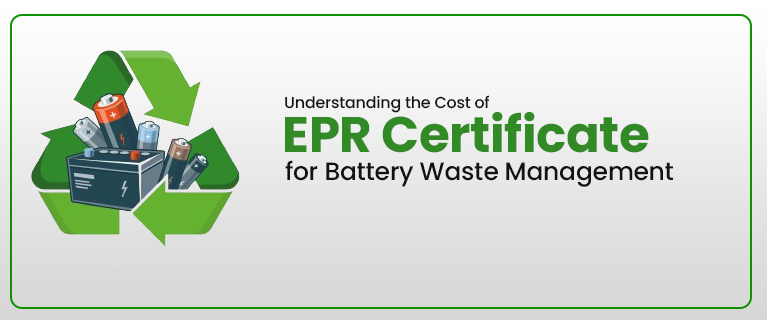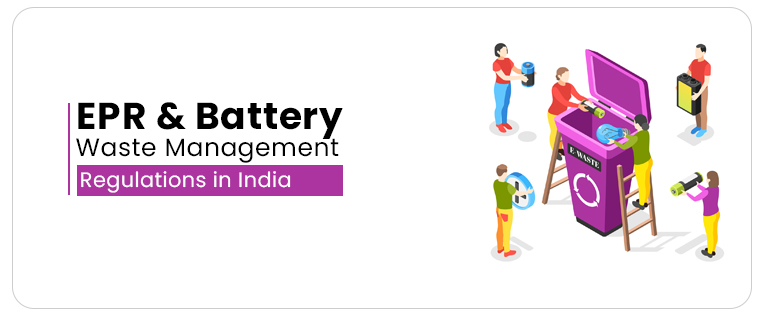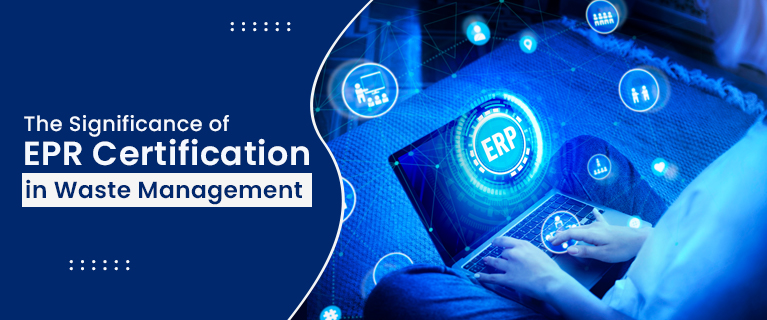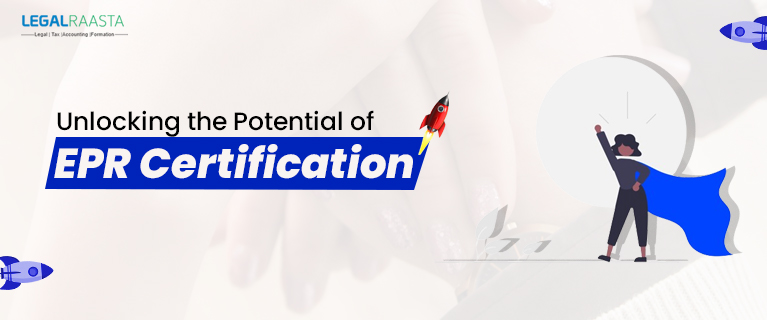Understanding the Cost of EPR Certificate for Battery Waste Management

The increasing reliance on electronic devices has led to a surge in the consumption of batteries, raising concerns about proper waste management. To address this issue, Extended Producer Responsibility (EPR) programs have been implemented globally, aiming to make producers accountable for the entire life cycle of their products, including proper disposal. In this blog, we will delve into the cost implications of obtaining an EPR certificate for battery waste management. 1. EPR Basics: A policy known as "Extended Producer Responsibility" holds producers accountable for the impacts of their products on the environment. In the context of batteries, this means producers are obligated to manage and properly dispose of batteries at the end of their life cycle. To fulfill this responsibility, manufacturers often need to obtain an EPR certificate. Read also this-: EPR & Battery Waste Management Regulations in India 2. Regulatory Landscape: The cost of obtaining an E...




